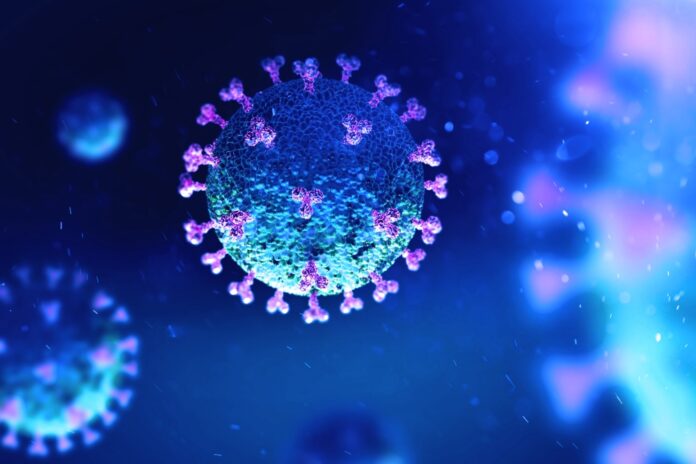Even so, Nokia’s 2020 Threat Intelligence Report mostly found falling infection rates in mobile networks but expects a rise next year as 5G is more widely deployed.
Nokia’s 2020 report found that infected IoT devices rose by 100% in a year, accounting for about a third of all connected devices compared with some 16% in 2019.
The annual report monitors malware activity in mobile and fixed networks globally that deployed Nokia’s NetGuard Endpoint Security solution. Nokia says this amounts to monitoring traffic from more than 150 million devices, from October 2019 to June 2020 for this latest report.
It found the average monthly infection rate in mobile networks was 0.23%, but this spiked sharply in February and March, with infection rates rising almost 30% as criminals launched COVID-19-themed campaigns.
Variations on a COVID-19 theme
Malware specifically related to the pandemic include CoViper, which is designed to look like coronavirus-related content but disables an infected device’s boot operation. Trojan malware disguised as a coronavirus map attacks Windows platforms, and the COVIDLock Android app claims to track pandemic cases but is ransomware.
Even so, the overall 2020 infection rate in mobile networks fell compared to previous years. Nokia says this is due to better security in official mobile app stores – and of course to more operators using its endpoint security solution.
Fixed broadband networks felt the impact of the pandemic in May and June, but still the average monthly infection rate in these networks was 2.16%, which again is less than in 2019.
Android IoT targets
As more IoT devices connect to mobile networks, infection of those devices is proliferating. Android devices are the most vulnerable, accounting for 27% of all infections, but this is down from 47% last year. Nokia attributes this to better security measures, in response to rising infections.
On the other hand, Windows PCs account for a growing number of infections at 39% – up from 36% last year.
Trouble with 5G
Nokia predicts a growing number of attacks as more networks are deployed around the world, with more IoT devices connected to them.
Bhaskar Gorti, Software President and CDO at Nokia, said in a statement. “This report reinforces not only the critical need for consumers and enterprises to step up their own cyber protection practices, but for IoT device producers to do the same.”



